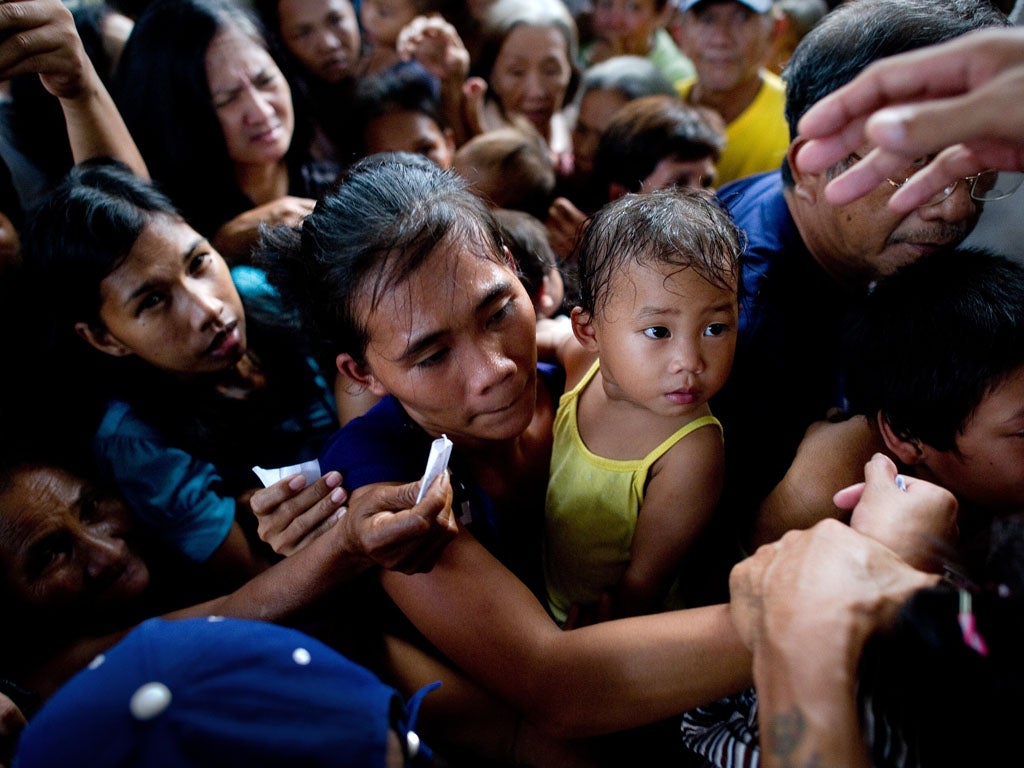
Your support helps us to tell the story
From reproductive rights to climate change to Big Tech, The Independent is on the ground when the story is developing. Whether it's investigating the financials of Elon Musk's pro-Trump PAC or producing our latest documentary, 'The A Word', which shines a light on the American women fighting for reproductive rights, we know how important it is to parse out the facts from the messaging.
At such a critical moment in US history, we need reporters on the ground. Your donation allows us to keep sending journalists to speak to both sides of the story.
The Independent is trusted by Americans across the entire political spectrum. And unlike many other quality news outlets, we choose not to lock Americans out of our reporting and analysis with paywalls. We believe quality journalism should be available to everyone, paid for by those who can afford it.
Your support makes all the difference.New technological possibilities should make Asia’s schemes cheaper to run than the West’s old ones. Britain’s NHS spent almost ten years and £6.4 billion trying to get its records digitised before abandoning the effort last year.
India’s new health-care scheme for the poor aims to be cashless and paperless from the start, using swipeable smart cards to make payments and convey information. In Pakistan over 140,000 poor people have received cash transfers over the phone under the Benazir Income Support Programme.
By 2030 Asia (excluding Japan) will account for over half of the world’s elderly and about half of the global burden of non-communicable diseases, like cancer and diabetes. If Asia’s welfare provision continues to widen and deepen, the region will host most of the world’s pensioners and patients. Asia may no longer boast a distinctive welfare model. But by the time Agus’s mother retires, the world of welfare will have become increasingly Asian.
Join our commenting forum
Join thought-provoking conversations, follow other Independent readers and see their replies
Comments